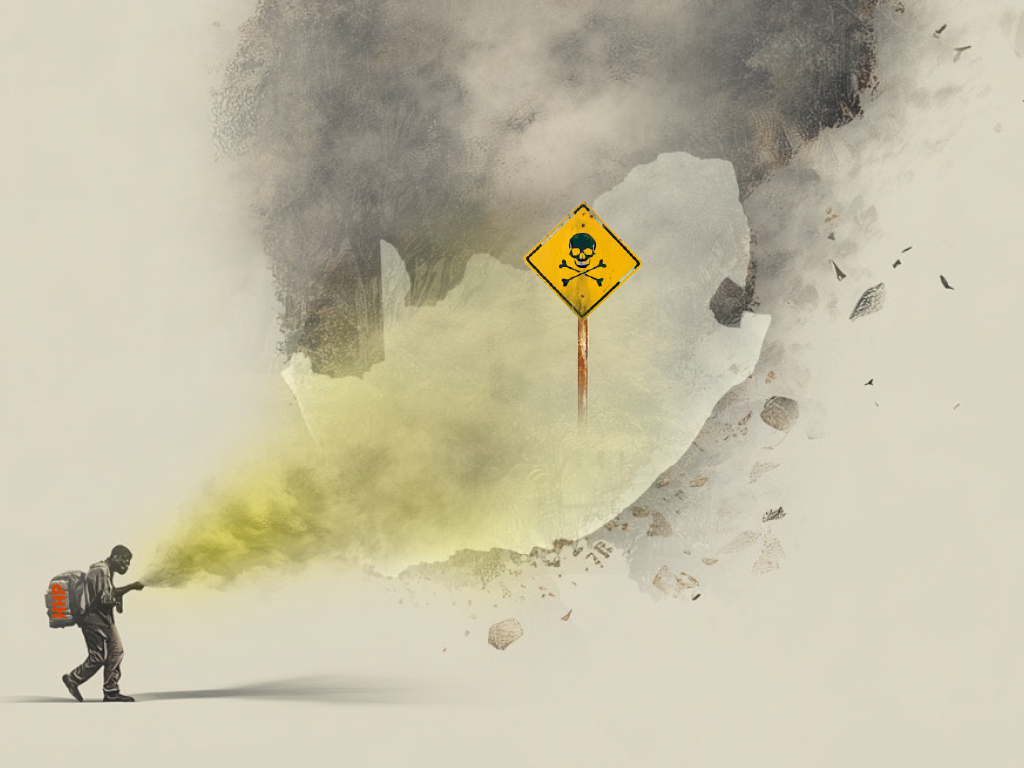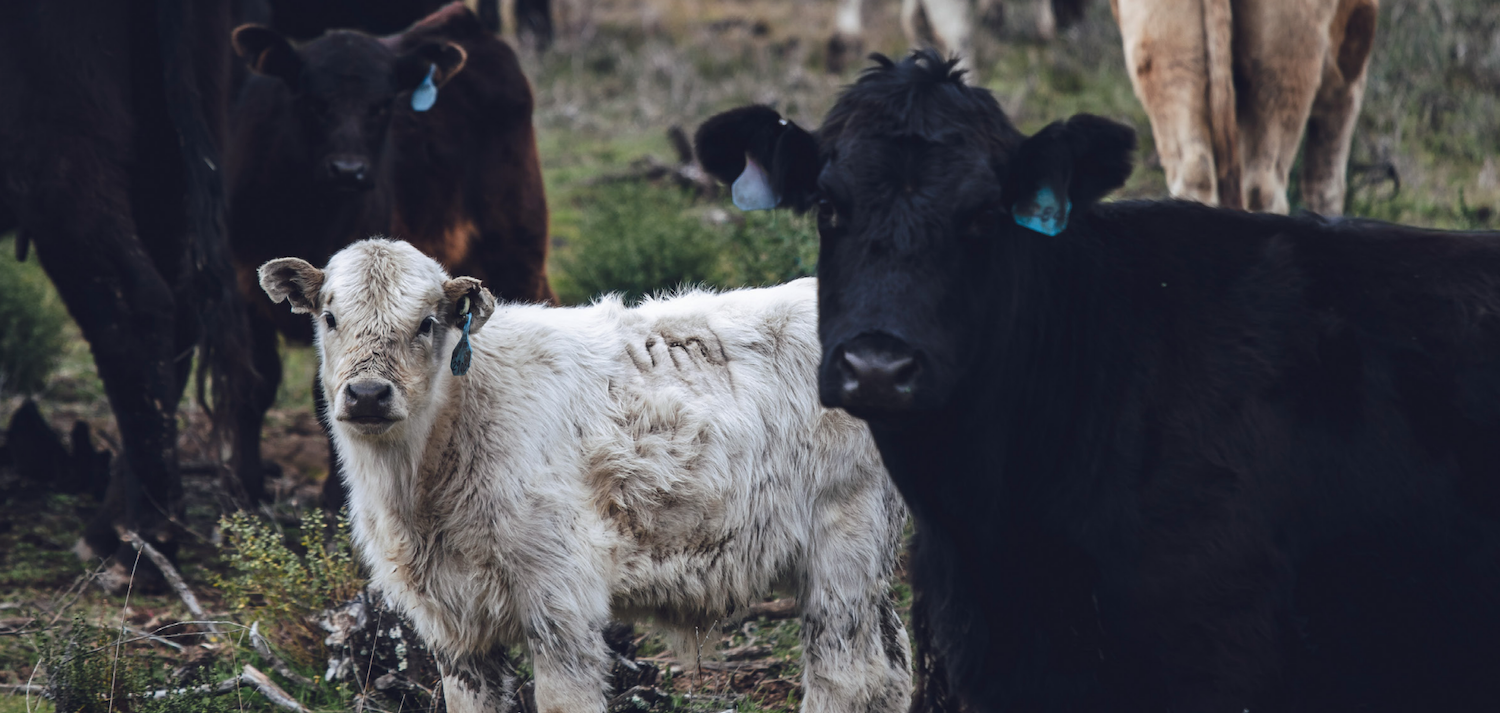Latest Resources

21 July 2025
First of its kind, South African pesticide compendium documents widespread and worrying human and...
Within the South African context of regulatory failure, antiquated legislation, and co-optation by industry, a considerable number of agrotoxins classified as highly hazardous pesticides (HHPs) – many of which are banned in regions such as the European Union (EU) – as well as other noxious chemicals, have become ubiquitous in our environment, our food and […]

5 February 2025
Financing biodiversity in the face of capitalist extractivism and ecocide
ACB comments on the South African government’s Biodiversity Finance Plan Humanity is facing a multi-faceted crisis of civilisation, with environmental, social, and economic dimensions. Fundamentally, this crisis is caused by capitalist dynamics of accumulation and extraction, and the associated use of the environment as a free or cheap resource and service provider. Effective biodiversity restoration […]

25 November 2024
Greenhouse gas emissions in the South African food system: Integrated and transformative response...
Climate change is set to wreak havoc on South Africa (SA)’s agri-food system. Increasing temperatures, lower and more erratic rainfall, and more extreme weather events will characterise the climate in Southern Africa over the next decades. This poses challenges for food production and food security. At the same time, SA’s agri-food system is one of […]

9 July 2024
Agricultural policy reform in South Africa
Addressing animal welfare within a just, agroecological food systems transition This discussion document, written by Linzi Lewis on behalf of Humane World for Animals, South Africa (SA), highlights the need for greater attention to be given to industrial animal agriculture. As one of the major drivers of current socio-ecological crises, it demands further consideration within […]

28 April 2022
The financialisation of malaria in Africa: Burkina Faso, rogue capital & GM /gene drive mosq...
(Veuillez cliquer ici pour lire en français) The African Centre for Biodiversity (ACB) hereby publishes a new research paper, titled, “The Financialisation of malaria: Burkina Faso, Rogue capital & GM/gene drive mosquitoes.” This paper seeks to understand the financialisation of malaria as a vehicle for rogue capital in a context of a weakened state (through […]

3 August 2020
GMOs in South Africa 23 years on: failures, biodiversity loss and escalating hunger
Transition to agroecology urgently needed This paper aims to update the public on activities and increased concerns since South Africa first approved the cultivation of genetically modified (GM) crops before the turn of the century. We are now living through a global pandemic, pointing to the imbalanced relationship between humans and our life-supporting systems and […]

4 October 2018
GM0 ALERT: news and status quo in South Africa
As part of the African Centre for Biodiversity (ACB)’s monitoring and resistance of GMO activities in SA, we share with you, our latest GMO Alert. In this alert we highlight the following issues concerning GMOs in South Africa: General release of the Monsanto/Water Efficient Maize for Africa (WEMA) GM drought tolerant maize on hold as […]

31 July 2017
No Safe Limits for Toxic Pesticides in Our Foods
On 7 April 7 2017 the South African government issued draft amendments to its regulations governing the legal limits for pesticide residues on food crops. The proposed amendments expose the gaps in regulations to date, despite the cultivation of herbicide-tolerant GM crops for almost two decades. As the African Centre for Biodiversity (ACB) team researched […]

5 July 2017
Decolonising Food Systems and Sowing Seeds of Resistance
The briefing paper challenges us to reclaim our connection to seed, food and each other and to engage in new food politics. Download pdf.

25 May 2017
South Africa and 2,4 D stacked GM maize: biosafety, socio-economic risks
In 2015–2016 Dow AgroSciences Southern Africa (Pty) Ltd performed field trials on maize tolerant to 2,4-D (event DAS-87078-9) and stacked varieties carrying not only 2,4-D tolerance, but also glyphosate tolerance and/or Bt insectidal toxins. The trials are on going in 2017. The trials follow the approval for import for food, feed and processing in 2012, […]
